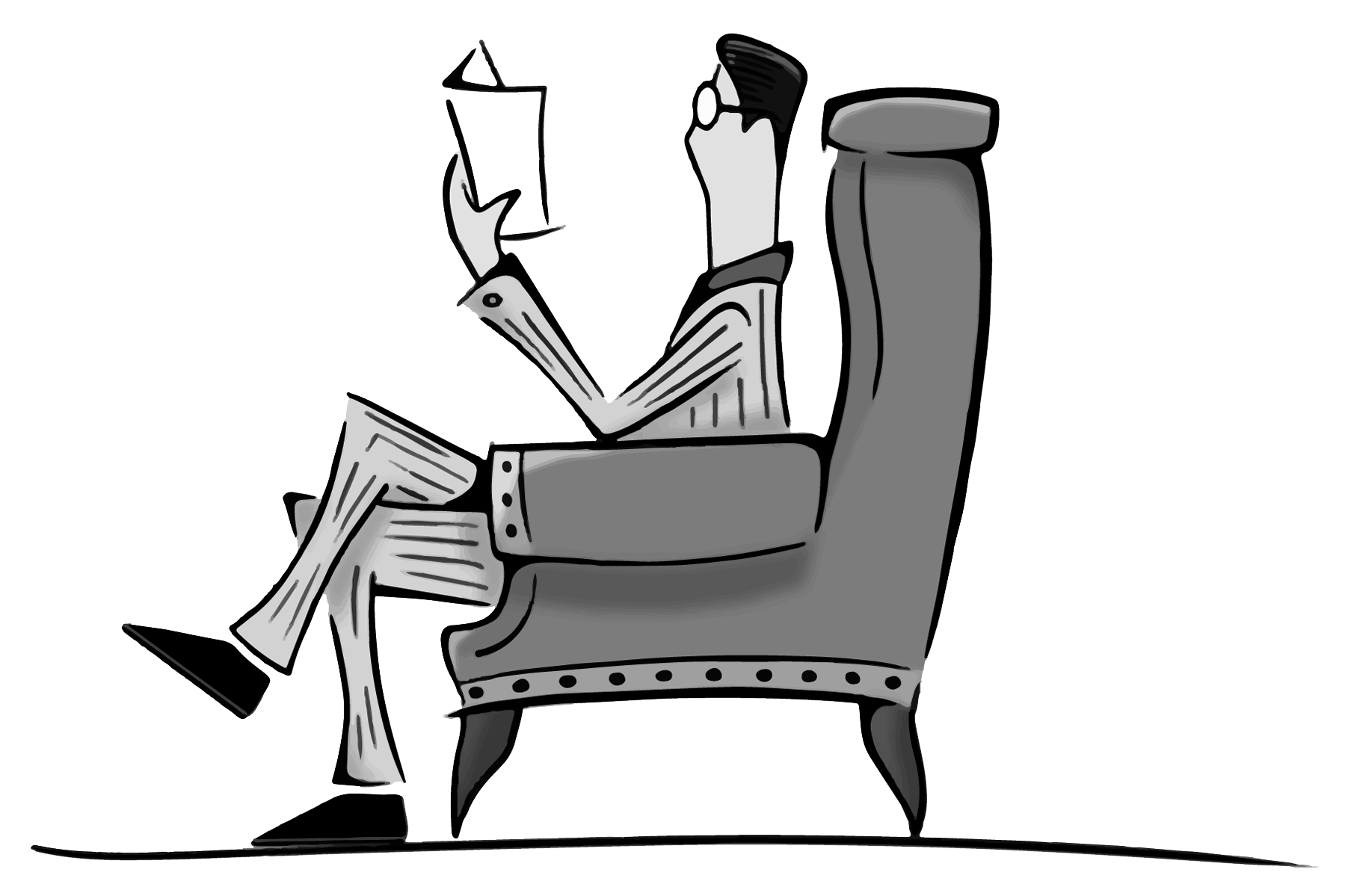The Mask As Talisman
While the pandemic mania has subsided to a significant degree, masks and vaccines continue to be debated. Many medical professionals continue to advocate masking, and some health science centers have reinstated mask requirements for clinical settings. Masks are the most visible sign of the covid-times, especially in comparison to hand-washing and vaccination. The latter two covid precautions are advocated, but we don’t see other people get shots or scrub hands nearly as much as we see people with (or without) masks. So, here follows a small thought on the psychological and religious role of masks today.
The average person is not a scientist, nor does he think like one. The scientific method requires an intense type of critical thought that even scientists cannot maintain forever. Very few people live their lives constantly analyzing independent and dependent variables. Many, if not most, of our beliefs are based on trust while many of our actions are intuitive. A medical student is taught about healing the body in his classes. He is expected to trust the professor and take him at his word. That means that a medical student’s knowledge is not even based on the scientific method strictly speaking. A physician rarely has time to analyze every study related to a specific pharmaceutical. He must be skilled enough to find trusted resources and to skim articles. Even if a physician is the world’s foremost authority on one type of medication, say psychotropics, he will probably need to seek counsel and advice when it comes to gastrointestinal disorders. All this is to illustrate that even the most nerdy, relationally challenged, analytical scientist lives his life by trust and acts on intuition. When the scientist comes home to his wife, he does not (if he wants a healthy relationship) constantly analyze independent variables that may influence the dependent variable of his wife’s affection. To do that would be to leave the world of humans and to enter the world of romantic comedy.
The science behind Covid-19 is no different. The average person cannot possibly be familiar with all the literature on vaccines, viruses, and masks, and this says nothing about one’s intelligence. The decision to mask or not to mask (or to vax or not to vax) is heavily influenced by the people one trusts. It is also influenced by how safe or comfortable the mask or vaccine makes the person. Many people hate masks but continue to where them due to social pressure. For such people, wearing the mask is more comfortable than the social stigma that is associated with facial freedom in some areas.
Society is based on a certain level of trust in social institutions. When trust in social institutions erodes, stability and unity decrease. At the same time (a tad bit paradoxically), American conservatism is based on a mistrust in government, especially federal. Pre-Covid, the average blue collar American conservative may have trusted the physician as intelligent and decent, even if a bit haughty. When the basic social institution of the healthcare system has become heavily politicized, the conservative’s inherent distrust for government overrides any previous trust he had in the social institutions related to healthcare. The average conservative wants sociopolitical change to be a generally grass-roots cultural movement with some moderate help from the top-down approaches.
To some extent, attitudes towards masks are predicted by one’s trust in government and the political system. In a theoretical world in which covid somehow remained unpolitical, a wise physician who advocated masking would not be viewed in political (and often conspiratorial) terms. His patient may say, “Doc, I’m not doing that,” but he would be less prone to say, “Doc, how can you advocate this authoritarian propaganda?” Most likely, the physician is not attempting to be a pawn of some political strategy. He is advocating what he thinks is right – the same as the blue collar patient.
In an age of distrust and disintegration of social unity, people still need some external sign in which to trust. For Christians, these signs are the Cross, the Word of God, and the Sacraments. (And other religions have their signs of course.) For a secular, more liberal leaning person who tends to trust government more so than a conservative, the mask acts as a sort of sacramental. It is a talisman that the wearer dons in the hope that it will ward off the evil spirits associated with Darth Corona. The liberal is more prone to see government as a necessary solution to flawed social institutions and cultures. However, the conservative is more likely to see culture as something that ought not be artificially changed. The secular person has no external creed, sign, or divine being in which to place trust. The religious person is bound by duty and creed to place trust in some divine or quasi-divine being.
The contention being argued here is not that masks are or are not effective. That is ultimately irrelevant to the point being made. That point is twofold: First, the religious instinct in mankind cannot be suppressed; it can only be altered or channeled from the religious to the pseudo-religious – from trust in the transcendent to trust in something else. Second, the vast majority of people, scientists included, do not make decisions using only the tools of the scientific method and the interpretation of empirical data. People live based on trust in something or Someone and fit the data into that faith.
Mitchell D. Cochran is a biblical counselor and family life educator who also spends his free time being an amateur philosopher and theologian. He is pursuing his Th.D. through Kairos University.


